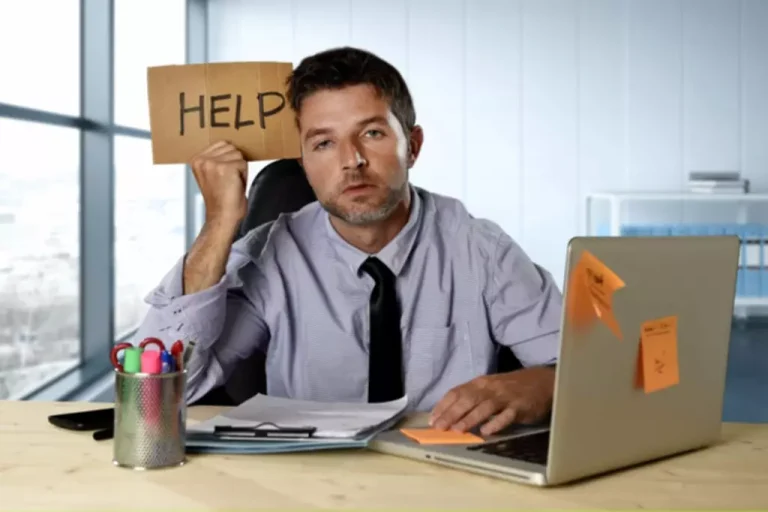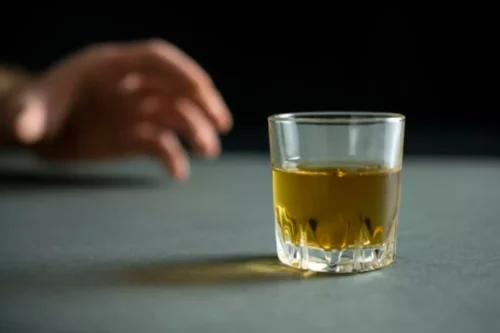
This medication works by restoring a chemical imbalance in the brain caused by chronic drinking. Once you’re abstinent, however, acamprosate can make a big difference in limiting cravings and drinking urges. It can therefore be a good choice for long-term maintenance and relapse prevention. Disulfiram, also known by the brand name Antabuse, was the first medication approved for treating alcohol use disorder. It works by making people feel ill when they drink, and is intended for people who wish to abstain from alcohol completely. According to research, the answer is yes.1 It turns out that, with the right treatment plan, some alcoholics can recover and return to drinking normally again.
How Can I Explain All of This to My Friends and Family?
- If the individual has already relapsed, then they can be helped in re-establishing their sobriety.
- This makes moderate drinking possible for them—or even abstinence if they so choose.
- Whether you drink beer, wine, or liquor, alcohol quickly enters your bloodstream and reaches your brain within minutes of your first drink.
- This plan should be discussed with a certified clinician who has experience with alcohol abuse.
- The rebound effects of alcohol can also lead to anxiety and mood changes the following day, a side effect termed «hangxiety.»
His theories have changed the field, stimulated additional research, and led to new understanding and treatments for opioid use disorders, cocaine use disorders, overeating, smoking, and depression. Nora Volkow, director of the National Institute on Drug Abuse (NIDA), calls for alcohol problems to be identified whenever possible in the pre-addiction phase. Your stomach and small intestine absorb alcohol before it moves into your bloodstream. Alcohol consumption increases the production of stomach acids, which can irritate the stomach lining and lead to nausea, vomiting, and heartburn.
- Heavy drinking also irritates and inflames the intestines and affects the muscles that control digestion, which is why you might have diarrhea after a night of drinking.
- Treatment didn’t fail, and you didn’t either, but a physical relapse can mean that your treatment plan may need to be adjusted or evolve with your changing needs.
- Are they a well-meaning friend who doesn’t really understand alcoholism and everything you’ve been through?
- I was able to control my intake and quickly decided to start sobering up after only 4 hours of drinking.
- They eventually drink and feel a loss of control and a huge sense of guilt.
- I do have a prescription for clonopin and yes, I know that it is addictive in the same way that alcohol is, but I have it and I use it sparingly.
Clark Kegley shared his tips for maintaining sobriety
Alcohol interacts with the reward and motivation center of the brain and with areas that regulate motor function, emotions, stress reactions, learning, and memory. When a person regularly consumes alcohol, these brain functions may alter to adapt to its presence. If you need help or feel like you could be on the cusp of a relapse, remember that addiction is a chronic disease. You wouldn’t expect that you could self-treat hypertension or diabetes without the help of medical professionals. If you need support, help, or have questions, please contact our team at The Recovery Village.
How to Create an Effective Relapse Prevention Plan

Feeling guilty or ashamed of past behavior or actions during active addiction is natural and healthy. A mental health professional can help you cope with some of the challenges you’ll face on https://ecosoberhouse.com/ your path to sobriety. You may also need to change your route to work or home in order to avoid any triggers, or people, places, or things that make you want to use drugs or drink again.

When the time comes to have those important, intimate talks (whether one-on-one or with a small group), choose a location that’s private, quiet, and relaxed. Putting the alcoholic on the spot or in the spotlight can conjure up the very anxieties that stir a need to drink in the first place. In some cases, couples drug rehab could be the best option for you if you and your partner are both struggling with addiction. Couples rehab California can tremendously help you break your addiction and lessen the chances of relapse.. If you’re wondering how to help an alcoholic you know get back on the right path, read on. Today, we’re breaking down how you can do your part to offer the guidance, advice, and connection that are so critical at this important juncture.
- Most recently, real-world human studies have been very positive in reporting decreases in drinking for diabetic patients treated with GLP-1s (think Ozempic and Wegovy).
- There is no such thing as a ‘slip’ in the book of most 12-step programs.
- With the right support and strategies in place, individuals can confidently participate in social events without compromising their sobriety and can stay sober even without AA, for example.
- Remember to care for yourself, seek supportive relationships, and consider seeking help from a therapist.
- Being aware of these factors is crucial when considering drinking alcohol again after a period of sobriety.
- It would have taken two+ bottles of wine, not two measly glasses, to give me a hangover of this magnitude.
If the recently sober individual drinks the way that they used to, then they may blackout or encounter other dangers. This difference in tolerance is one of the highest risk factors for those who drink after being sober. Genetics can play a significant drinking again after sobriety role in the development of alcohol use disorder, with variations in many genes increasing the risk. For example, alcohol dehydrogenase 1B (ADH1B) and aldehyde dehydrogenase 2 (ALDH2) are known to be linked to alcohol consumption and alcoholism.

BLOG Alcohol use disorder

Psilocybin and other new treatment options for AUD

No responses yet